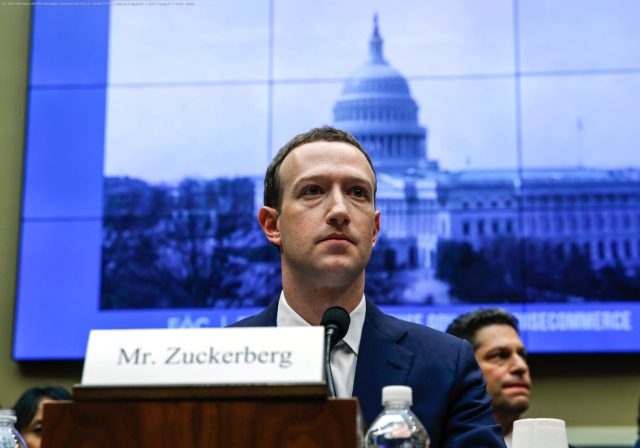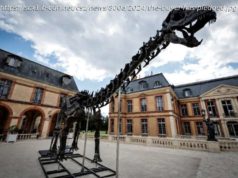Facing its first major case since its creation in October 2020, Facebook’s Oversight Board deftly walked the line between agreement and rebellion.
In 1803, Supreme Court Chief Justice John Marshall was faced with an impossible decision. He could disagree with President Thomas Jefferson on the matter of Marbury v. Madison, calling his administration’s actions illegal and risk that Jefferson would immediately dismiss or ignore the court’s decision. Or he could bow to the executive branch, agree with its actions, and be allowed a crumb of power within the young U.S. democracy. In the end, Marshall and the rest of the court made an astounding decision. In its ruling, the court criticized the administration’s actions, but ultimately upheld them by ruling that the law in question was unconstitutional. The decision is held as the most important in U.S. constitutional law because although Jefferson ultimately got the ruling he wanted, in the process Marshall established the principle of judicial review. The ruling set a precedent for the legitimacy and power of the Supreme Court in the U.S., firmly establishing its powers of accountability over the executive and legislative branches. That process was repeated on Wednesday in the modern arena of a technology empire. Facing its first major case since its creation in October 2020, Facebook ’s Oversight Board upheld the company’s decision to restrict former President Donald Trump’s access to his Facebook and Instagram accounts. But while it agreed with the actions taken by Facebook and CEO Mark Zuckerberg following the insurrection at the U.S. Capitol on Jan.6, the Oversight Board also criticized the way the company arrived at its decision and demanded that Facebook clarify and codify its content policies. The decision leaves Zuckerberg in a similar spot that Marshall put Jefferson. He got the result he wanted, but at the cost of his absolute power. The first real test for the Oversight Board To understand the significance of Wednesday’s decision, it’s important to remember how Facebook’s Oversight Board came to be. The independent body was announced by Zuckerberg in November 2018, after the company had faced a grueling avalanche of critical news reports and scandals for months. „I’ve increasingly come to believe that Facebook should not make so many important decisions about free expression and safety on our own,“ Zuckerberg said in a note published on Nov.15,2018. That was one day after the New York Times had published a scathing report detailing how COO Sheryl Sandberg and other Facebook execs tried to downplay and spin bad news. Zuckerberg announced the independent body, and then nothing happened for more than a year. It wasn’t until January 2020 that the company finally unveiled the bylaws for its Oversight Board. Despite Zuckerberg contending that the board’s decisions would be binding, the bylaws contained a number loopholes and binds that left the company firmly in charge. Notably, the board would only be funded for six years, and more importantly, the board’s decisions would apply narrowly, with Facebook retaining final say on whether or not to broadly apply the decisions of the board. These limitations weren’t surprising, given how much power Zuckerberg has singlehandedly wielded over his domain since the creation of Facebook in 2004.
Start
United States
USA — IT The Facebook Oversight Board proved it's not Mark Zuckerberg's puppet — now...






